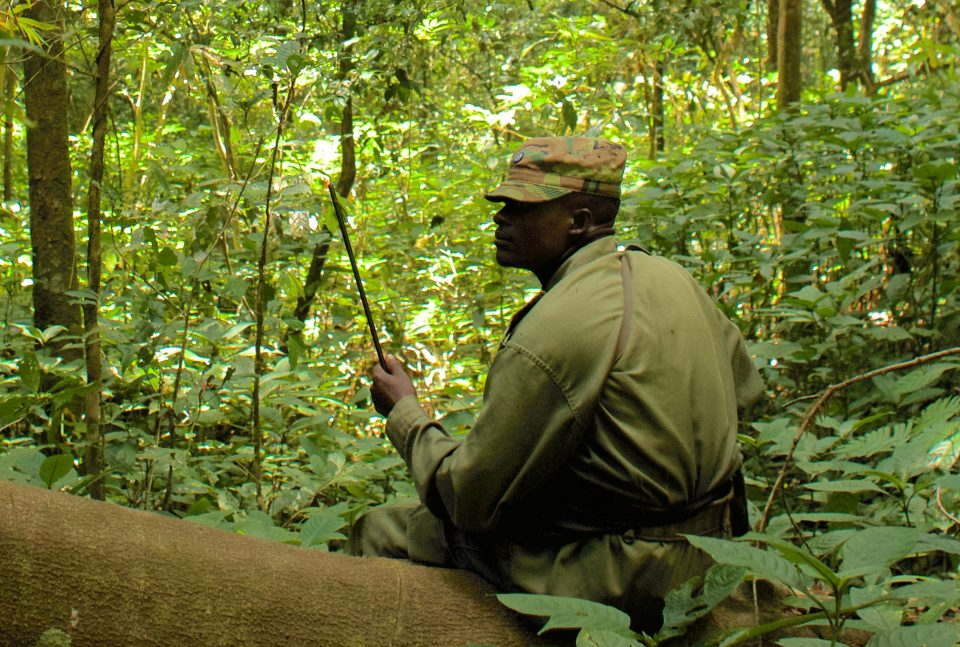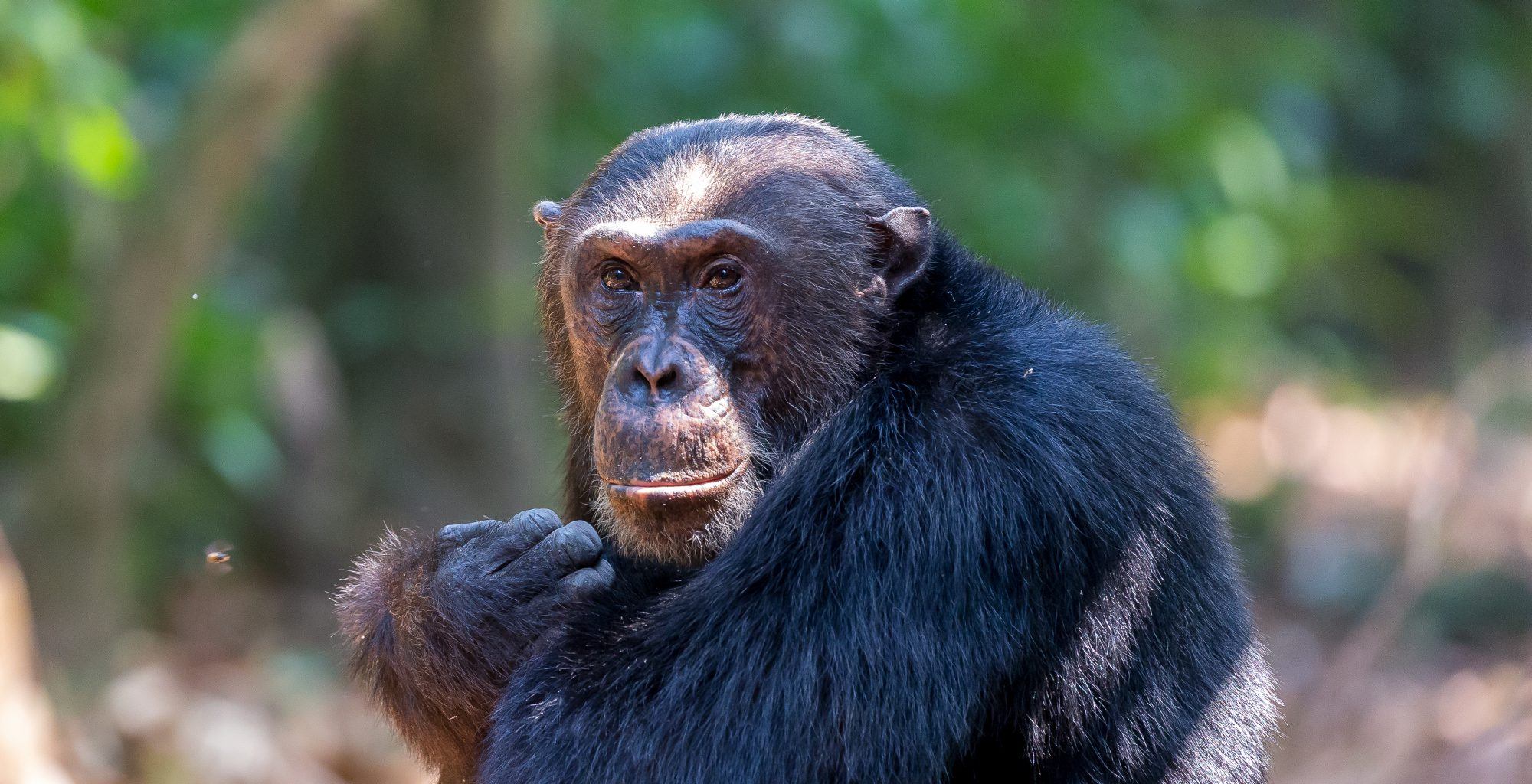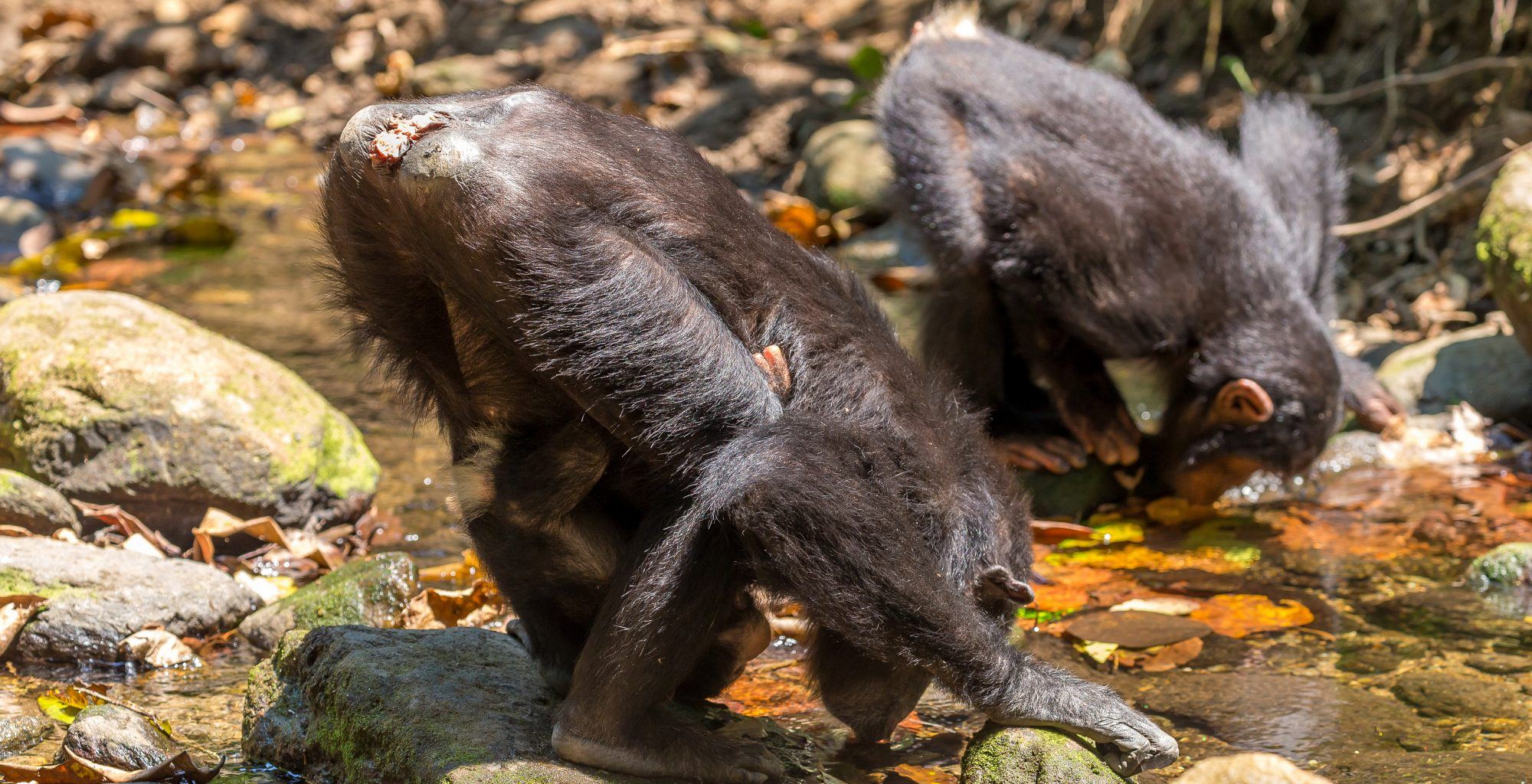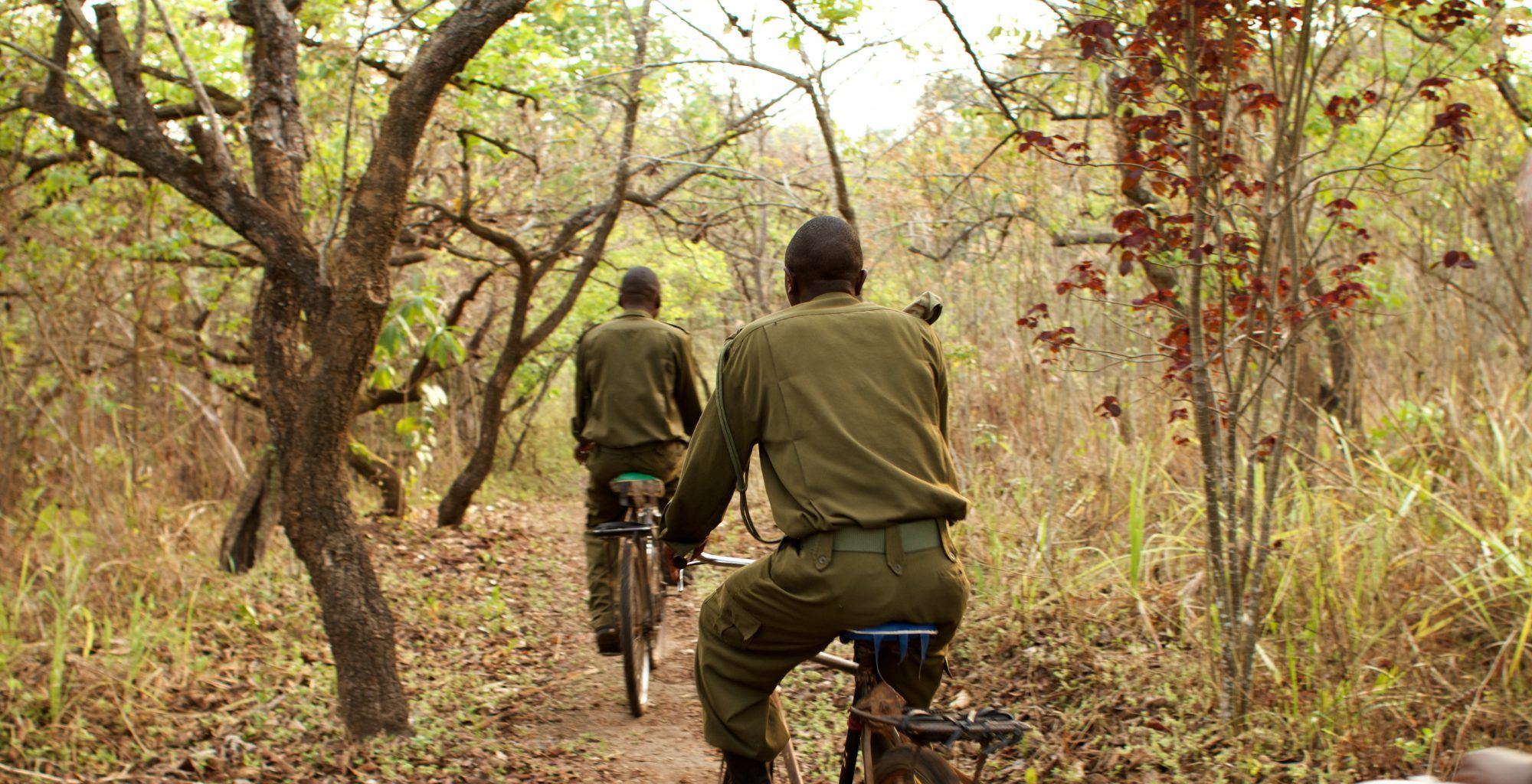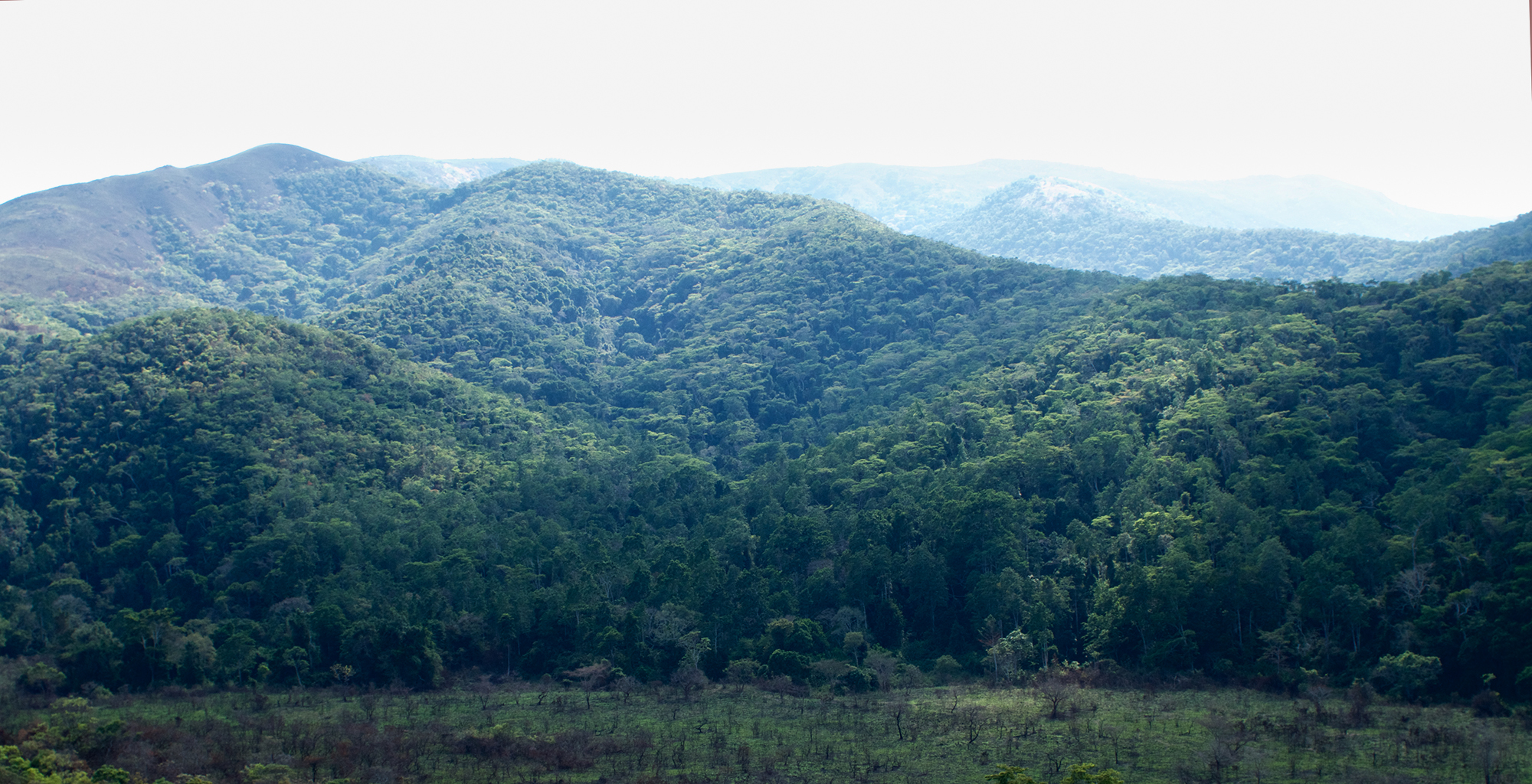The Ntakata Forest is adjacent to Lake Tanganyika, due north of the Mahale Mountains. It is perhaps the least-known of the 4 core ecosystems Wild Philanthropy works with. Often termed the ‘anti-safari’, it is certainly off the beaten track. This remoteness lends the area as the perfect home to a huge biodiversity. The forest boasts 38 large mammal species, 261 bird species, and 119 tree species.
However, the unprotected forests of the Greater Mahale Landscape are increasingly under threat caused by land conversion, degradation and loss. This not only affects the landscape and the biodiverse wildlife that live within it, but also the ethnic groups that have made the Ntakata Forest their home, such as the Tongwe. This group were pushed out of the Mahale Mountains, their original cultural heartland, in 1973 by the then-President Julius Nyerere’s land-reform policies. Having now settled in the Ntakata Forest, 25-kilometres outside of the Mahale National Park, the Tongwe are again at risk of losing their home.
Sadly, the Tongwe are not only at risk of losing their physical habitat, but also their livelihoods. As subsistence farmers, the Tongwe rely on healthy forests for water catchment, healthy soils, medicines, honey and small amounts of firewood and building poles. Tongwe culture is also reliant on the Ntakata Forest as a religious site, spirit sanctuary, and major source of the ingredients for traditional healing medicines.
Wild Philanthropy have partnered with the Tongwe Trust in order to preserve the Ntakata Forest for future generations of the Tongwe as well as initiate mutually beneficial conservation projects within the community. We work along the Trust in the interests of preserving the area through local enterprise-supported sustainable tourism.
